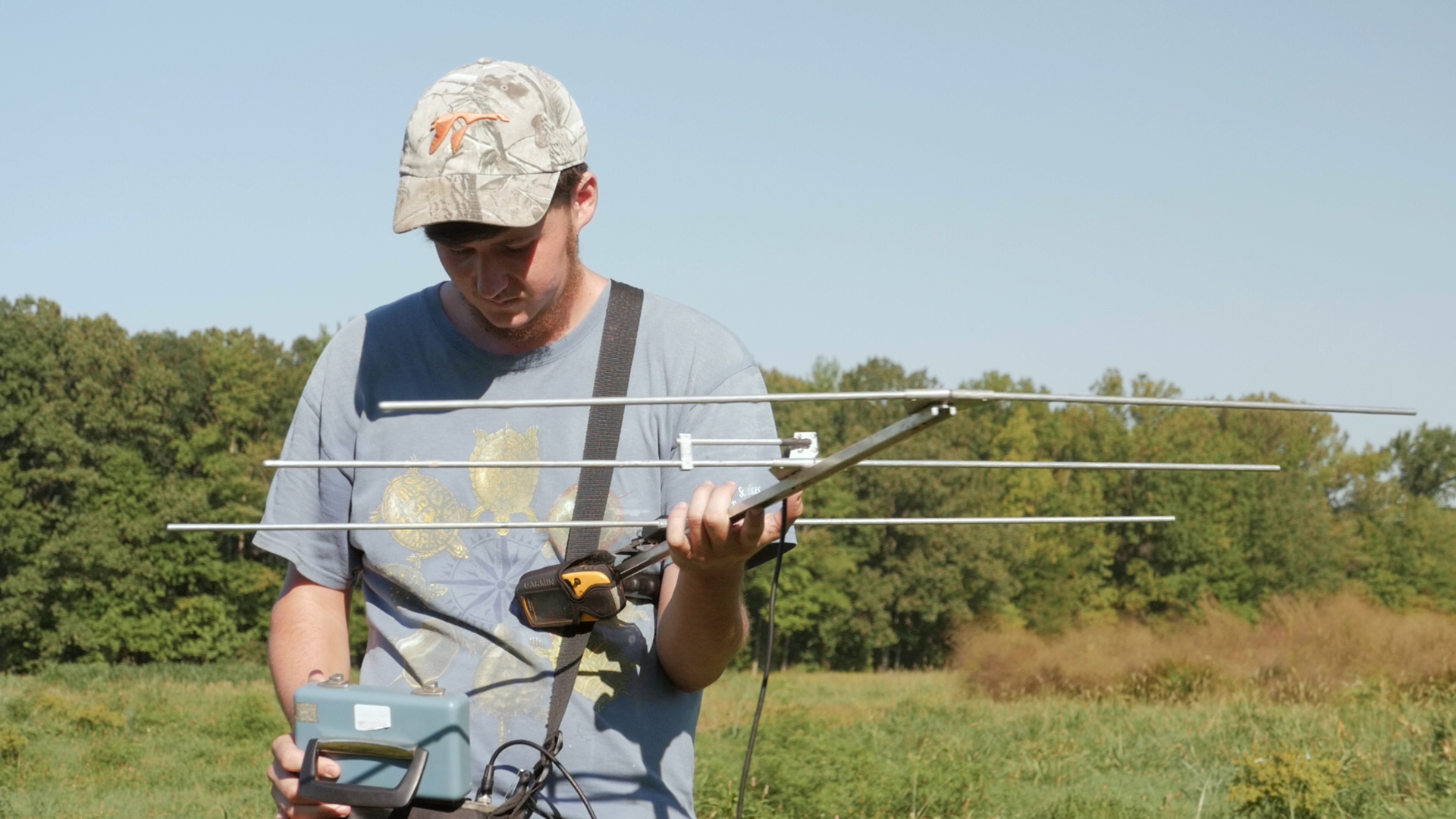2019 JoVE Librarian Travel Award Winning Essay
As a brand new librarian, and as a liaison to several different science departments including entomology, geology, and biology, I am working to find creative ways to reach students in non-traditional lab settings. Biology students, including students of entomology, botany, and ecology, often have labs that take place in the very windy, very dirty, sometimes rainy out-of-doors. On top of the environmental conditions, there are often many new educational concepts to master, especially in data management. These two conditions can create a daunting environment for new graduate students.
This complex setting makes it difficult to collect data in an effective and efficient manner, which can, in turn, lead to inefficient or completely worthless data sets. These data sets waste the student’s and the researcher’s time. Researchers in the field have been working with these conditions for years and have come up with tips and tricks that could help grad students, but occasionally these suggestions don’t make it all the way down the ladder. Going through graduate school, I remember the frustration that came along with researchers asking me to complete a project without showing me how to use the tools to get it done efficiently. This is an excellent place for librarians to step in.
To help the graduate students in the Entomology Department at the University of Maryland, College Park, I’m currently developing a toolkit to create tidy data. Working closely with the departmental liaison in Entomology and the data librarian, we are developing several standalone workshops as well as an embedded librarian program that will work in tandem to give new researchers the knowledge and tools they need to create tidy data sets. These workshops will be different than other workshops held in the past, as they will be presented to researchers on campus as well as to remote researchers who take classes online. Such different environments require different skills, levels of commitment, and attention from both the instructor and the librarian.
Information to include in these workshops will be diverse, ranging from how to keep your papers dry to how to set up your spreadsheets before you get to the field. The workshops and instruction sessions are meant to expose the students to pitfalls and troubles that underprepared researchers often face. By giving them the problems and solutions before they enter the field, the team hopes to create students who confidently engage in data collection. Ideally, this will also create students who seek out their librarians as collaborators in data collection, as well as expose them to data collection and manipulation resources offered by their libraries.
Some of the tools we are using in these workshops are basic citizen science tools, including apps like eBird from the Cornell Lab of Ornithology, and iNaturalist. These apps are classic examples of how to set up simple data collection techniques. They are also fantastic tools for introducing new researchers to citizen science and open science concepts. Finally, using these tools will help further develop a working relationship between researchers and librarians, as we can explain how librarians are key players in developing citizen science and open science networks.
The complete set of workshops will be rolling out in the fall of 2019. So far, I am working strictly with the Entomology department mainly because our libraries have found that workshops are much better attended and much more informative if they are individually tailored to a specific audience, not to the campus as a whole.
However, my goal is to use these workshops as a template to spread across the rest of my departments. In the future, I hope to offer them to other science librarians both here at UMD and throughout the country.



